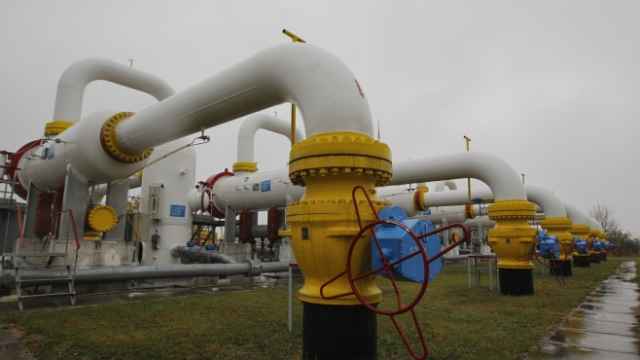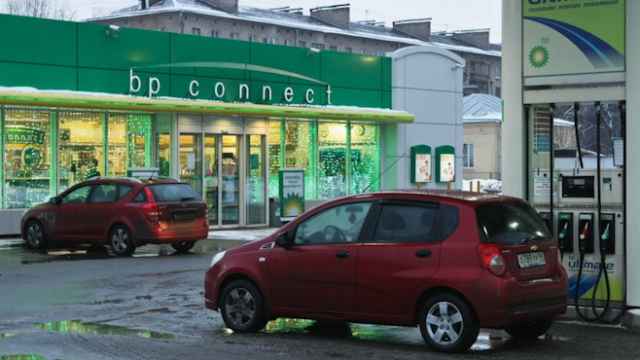BRUSSELS — Europe's reliance on imports of natural gas is likely to rise from half to three-quarters over the next two decades and Russia will continue to supply about 30 percent of EU needs, BP's chief economist said late last week.
The figures are troubling for European Union policymakers striving to reduce dependency on Russia, which is in conflict with Ukraine, the main transit route for Gazprom's gas to the EU.
BP chief economist Spencer Dale predicted the European Union would meet a provisional policy goal of increasing the amount of energy it gets from renewable sources, such as wind and solar, to at least 27 percent by 2030 versus 20 percent in 2020.
That would maintain its position as world leader in renewable energy, which accounts for about 3 percent of the worldwide mix, rising to 8 percent by 2035 but would not be enough to reduce the need for gas.
"Europe is leading the world in terms of renewables and by 2030, they still provide less than a third. The dependency of Europe on imports of gas will increase over the next 20 years from around half to three-quarters," Dale said in an interview.
The decline in output from mature European gas fields would be offset by imports from Iran and Iraq and a strong increase in liquefied natural gas, helping to diversify sources, but Dale said Russia's share would remain steady at 30 percent.
A Message from The Moscow Times:
Dear readers,
We are facing unprecedented challenges. Russia's Prosecutor General's Office has designated The Moscow Times as an "undesirable" organization, criminalizing our work and putting our staff at risk of prosecution. This follows our earlier unjust labeling as a "foreign agent."
These actions are direct attempts to silence independent journalism in Russia. The authorities claim our work "discredits the decisions of the Russian leadership." We see things differently: we strive to provide accurate, unbiased reporting on Russia.
We, the journalists of The Moscow Times, refuse to be silenced. But to continue our work, we need your help.
Your support, no matter how small, makes a world of difference. If you can, please support us monthly starting from just $2. It's quick to set up, and every contribution makes a significant impact.
By supporting The Moscow Times, you're defending open, independent journalism in the face of repression. Thank you for standing with us.
Remind me later.






